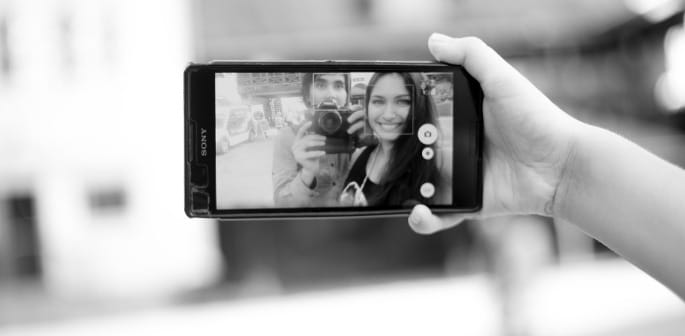“We take selfies because we like the gratification we get from them."
Be it at the beach or at the nearby park, a university or even a funeral home – no place is too unusual for a selfie fanatic. As the craze takes over the world, young adults, including Brit-Asians, have started going to extremes while taking selfies.
However, it has caused many experts to become concerned about the impact of mental health.
Back in 2014, a teenager in the UK attempted to take his own life after failing to take a perfect selfie. This pushes one to question its growing importance.
Just one year before the incident, the Oxford English Dictionary cited the term ‘selfie’ as the word of the year. And over time, its use in the English language has increased.
20-year-old Ivkiran Kaur, from Slough, is no stranger to the addiction. She has confessed to taking 20-30 selfies per week: “We take selfies because we like the gratification we get from them,” she says, referring to the ‘likes’ and ‘comments’ users get when they post such images on Facebook or Instagram.
“Another reason is we may use it for self-esteem,” she added. “Taking a selfie when you’re dressed up and looking your best makes you feel a bit more confident.”
Usually, Brit-Asians have many holidays and weddings to look their best at. A close family wedding will mean a huge party and dressing up. Taking selfies then may certainly feel like something to do as a photographer is just not enough.
Zara Ahmed, 29, from Blackburn, pointed out that a photographer’s finished images will not be instantaneous and ready to post online: “They would need to wait months to see what the pictures look like with the photographer’s photos.
“Also, they can take as many selfies as they want until they get one they’re completely happy with,” she said.
A 2015 study by Fox and Rooney in the journal Personality and Individual Differences, looks at the relationship between selfies and mental health.
The study reveals ‘Dark Triad’ traits found in men who post more selfies. These can range from narcissism and psychopathy to Machiavellianism and self-objectification.
Narcissism
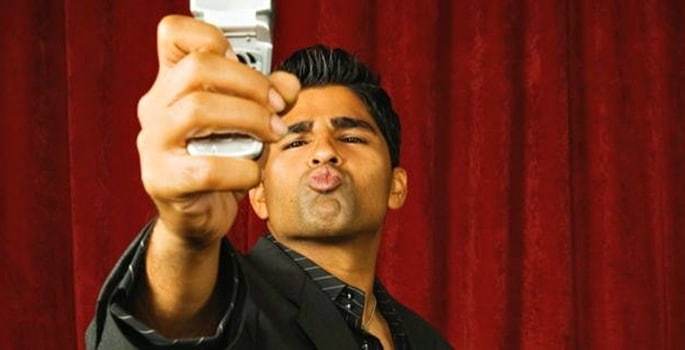
Narcissism relates to an excessive desire for admiration. In short – self-entitlement. What traits make up narcissism though aren’t necessarily objective. Whilst many Brit Asians choose to dress to the extremes for weddings and festivals, it doesn’t mean they are all narcissistic.
Instead, narcissism refers to people taking a long time to dress up and pose just for clicking a selfie or more.
It may develop when an individual is taking selfies and uploading them to social media sites because they want people to see they look good.
According to PsychCentral, narcissism is a personality disorder and should be treated as such. Narcissists lack empathy and will do anything to gain admiration and success.
Some people take and post selfies to seek approval, otherwise, they do not feel like themselves. Narcissistic people already like how they look; they want to be admired by everyone else.
They also believe they are superior and feel a need to show off. If a narcissist takes a selfie, they no doubt already see it as amazing. Uploading it to social media just amplifies their means, by showing the world they look better than most people.
Henna Ahmed, from Aston, takes approximately 1 hour 30 minutes to get ready for a wedding or party event: “I take selfies everywhere – no matter the occasion,” she shared. The 21-year-old student is definitely not shy, but this does not mean she is narcissistic.
Ahmed simply just dresses up to look good: “It’s the only time I get ready differently to everyday makeup. It’s a cultural thing,” she added.
If it’s a cultural thing, this doesn’t make it narcissistic. However, Brit-Asian youths are undeniably in love with taking selfies no matter where they are.
As Kaur explains that while it is to do with self-esteem issues, it’s worth considering that many filters on popular Snapchat enable modifications that adjust lighting, e.g. making darker skin look lighter.
Perhaps these could also impact on potential narcissism.
Machiavellianism
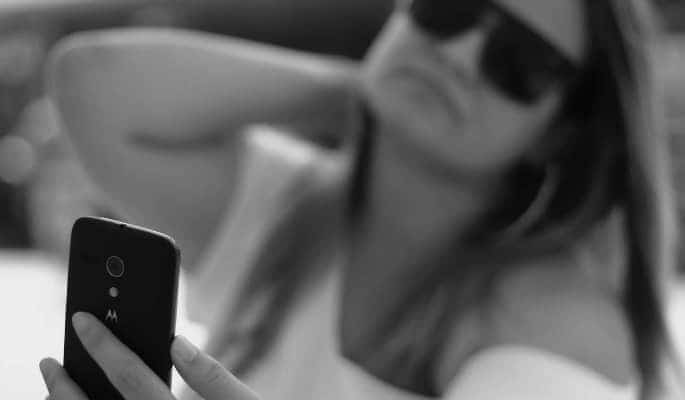
This means to be manipulative; to give little regard to anyone besides yourself. This may be true for some people. As they spend hours taking the perfect selfie like the 2014 case in the UK mentioned above.
Such people only have an interest in how they look. Machiavellianistic people are usually cynical and hard to trust. People like them are more likely to edit their selfies and take them to get ahead of everyone else.
This leads to self-objectification – where people view their bodies as a tool for distorting body representations.
Psychopathy
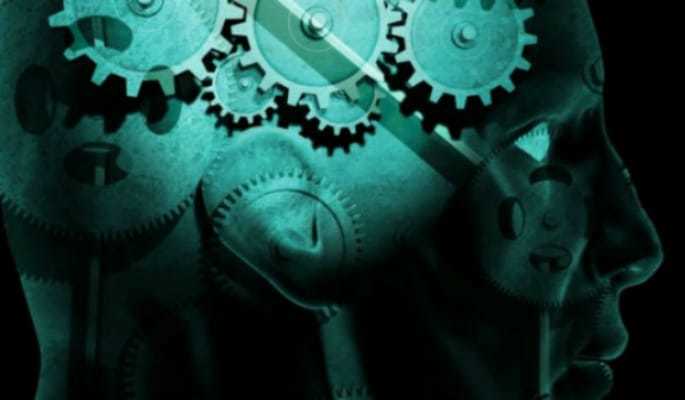
All of the above can lead to psychopathy. Psychopaths seek thrills and have no empathy.
The logic in the selfie-taking business is completely discarded. These people are the ones who take selfies 200 times a day without a care in the world. Another trait of narcissism.
The dangers of taking selfies aren’t just limited to mental health. The Times of India reported that two teens were hit by a train as they posed for selfies on the train tracks.
It seems then that giving into this craze can affect both physical and mental health, making it unhealthy.
Dr Samir Parikh, at the Fortis Hospital, expressed his belief that the growing habit of taking selfies amongst Asian teens can lead to low self-esteem, “paranoia, body image dissatisfaction and depression”.
Depression
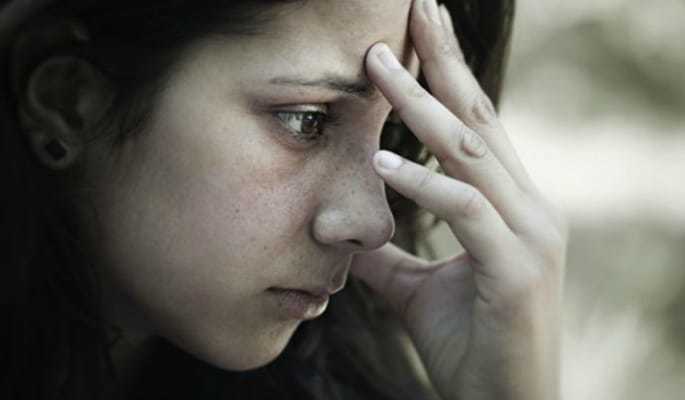
Young adults who encounter depression may take selfies in order to feel better about themselves. Even those who do not suffer depression, yet have low self-esteem and take them as a defence mechanism.
This supports the study by Fox and Rooney. Taking selfies can act as a way of earning a reputation that one can only achieve through ‘perfect’ selfies.
Narcissism can also link to depression. Raveena Chanchal, from Handsworth, takes selfies for low self-esteem issues. The 23-year-old feels as though she does not have enough confidence until she takes one:
“It’s a self-conscious thing. Like when I look at myself I feel fat and ugly but when other people see my pictures and say something different it gives me a boost. Even though what they say isn’t true,” she says.
It is clear that for Chanchal, selfies are a way of gaining confidence – that she does not hold within herself – through other people. Chanchal called it “that acceptance feeling”.
Brit Asians are also in danger of self-dissatisfaction as they may want to change the tone of their skin, the colour of their eyes and more.
Youth and Mental Health
While taking selfies to an extreme has links to mental health, it’s worth noting that everyone is different. The craze holds more popularity amongst the millennial generation, reportedly making up 55 percent of the fanatics.
However, the craze is more due to it becoming a trend. Not everyone taking selfies and posting them to social media has mental health concerns. But nonetheless, there are a number of reasons they can cause concern.
As Ahmed explains: “Selfies have become the norm and most people take selfies on a daily basis without giving it any thought.”
Young people are certainly impressionable, and with some going too far in their search for a ‘perfect’ selfie, there remain concerns for their safety.
Dr Samir advises to take selfies for fun and not for reasons that conflict with body or personality.
In the end, it’s important to note that while taking an excess may eventually lead to mental health issues, not everyone who takes a selfie suffers from them.
But, traits such as narcissism and low self-esteem can act as foremost reasons for people to take selfies.




















































